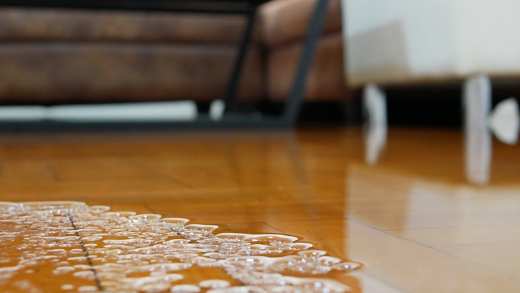Home insurance
Your home insurance price explainedThe cost of your home insurance is based on your personal circumstances, such as the likelihood of you claiming. Find out what else impacts your price here.


Home insurance
Your home insurance price explainedThe cost of your home insurance is based on your personal circumstances, such as the likelihood of you claiming. Find out what else impacts your price here.

Protecting your home
Protect your shed from burglarsWhether it’s your shed or garage, here are some ways to help protect your outbuilding from burglars.

Home insurance
Legal Services Cover explainedConfused by legal cover? We've put together a summary of the kinds of cases we can help you deal with as part of our optional legal services cover you can add to your Aviva Signature home insurance.

Home insurance
Home Insurance policy add-onsWhether you want to protect your belongings while you’re away or settle a dispute with noisy neighbours, our home insurance optional add-ons can help.

Home insurance
Escape of water – how to protect your homeWater damage from plumbing, heating systems, or home appliances like washing machines can lead to insurance claims. But what exactly is covered when you file a claim?

Protecting your home
Dealing with frozen and burst pipesBurst pipes cause misery for homeowners. Find out how to prepare your pipes for plunging temperatures and what to do if you’re too late.

Contents
What is accidental damage cover?Find out why having insurance to cover accidental spills, bumps and tears may be worth having

Protecting your home
Fire Safety in the HomeLevel up your knowledge by exploring our recent survey into home fire safety.

In most cases, your home is the most expensive purchase you will ever make. So, ensuring that everything (including the kitchen sink) is covered is important

Contents
Insuring your engagement and wedding ringsEnsure your engagement and wedding rings are insured for peace of mind and protection.